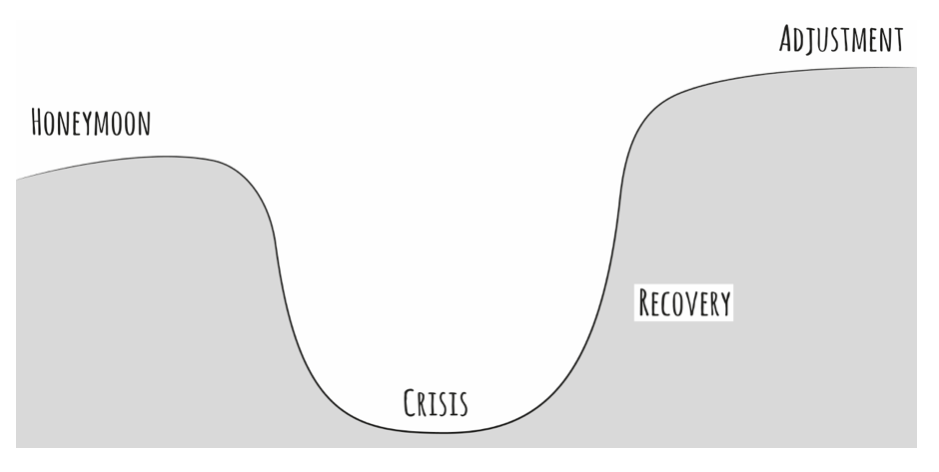Fight, flight, or freeze: these are three common human responses when one is under threat.
Each individual will respond to crises in a different way.
But does our culture influence how we, as a community, respond?
Think NYC’s response to 9/11 or Japan’s response to the Fukushima nuclear disaster.
From terrorism to natural disasters to global pandemics, communities and nations often respond in different ways to trigger events, based on their own cultural values.
Let’s take a look at one example.
The Amish
A school shooting occurred in an Amish community on October 2, 2006. Five young girls were killed.
Amish values include forgiveness, living righteously, and hating the sin and not the sinner, and this was reflected in their response to the trigger event.
As Melinda Rene Miller’s paper, titled “The Human Element: A Study of the Effects of Culture on Crisis Reactions,” notes, revenge is not a part of Amish culture.
In mourning the victims of the tragedy, the community also mourned the shooter and embraced his family.
They donated money to the killer’s widow and children and attended his funeral.
Sociologist Donald Kraybill who co-authored a book on the tragedy spoke on the power of Amish forgiveness, saying,
“Several families, Amish families who had buried their own daughters just the day before were in attendance [at the killer’s burial service], and they hugged the widow and hugged other members of the killer’s family.”
Other cultures might respond to this type of crisis with a need for action, through new laws or regulations; a need for revenge or justice, through an investigation and public trial; and/or a plea for monetary donations for the community to recover.
None of these approaches would have lent themselves to the values of Amish culture.
The response of unity and emphasis on religion and humanity’s purpose on earth correlated with their values.
Behavioral and Attitudinal Reactions
As mentioned in the intro, everyone reacts to crises differently.
Miller’s 2007 study set out to determine if, and to what degree, cultural values impact group response to trigger events.
The paper’s abstract proposes:
“While each individual person within a given community will react to a potential crisis situation in their individual ways, as a whole, their reactions will never vary too greatly, as their behaviors and attitudes are largely based upon their learned cultural values.”
Next week, we’ll delve into the results of this study, surrounding varied outcomes in communities devastated by Hurricane Katrina.


